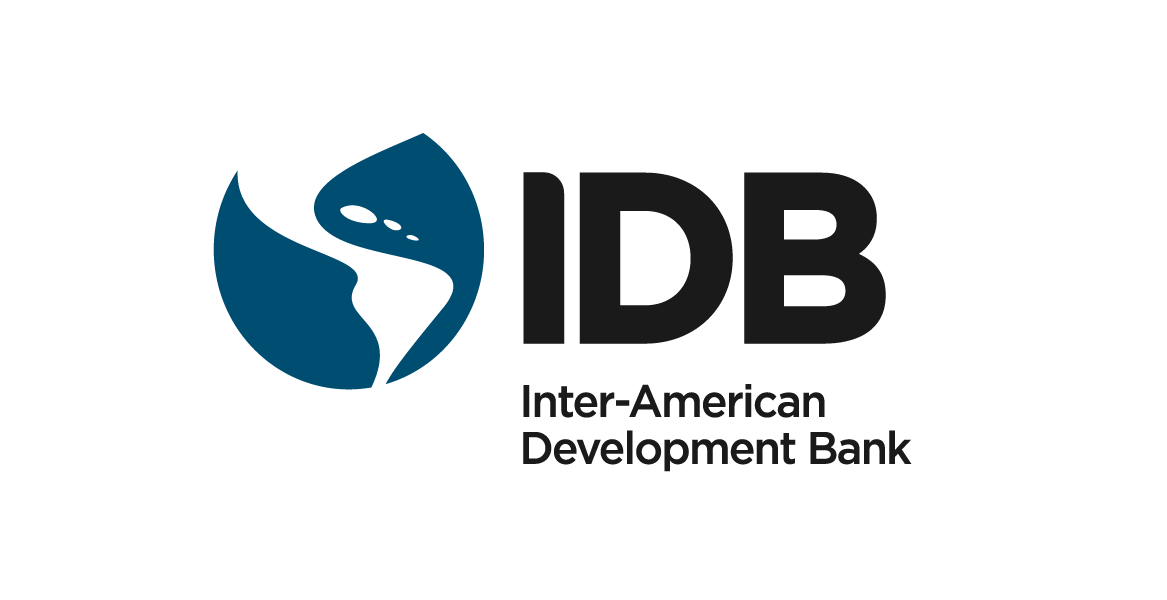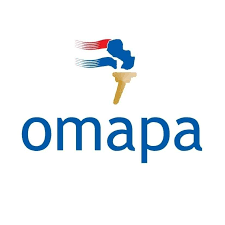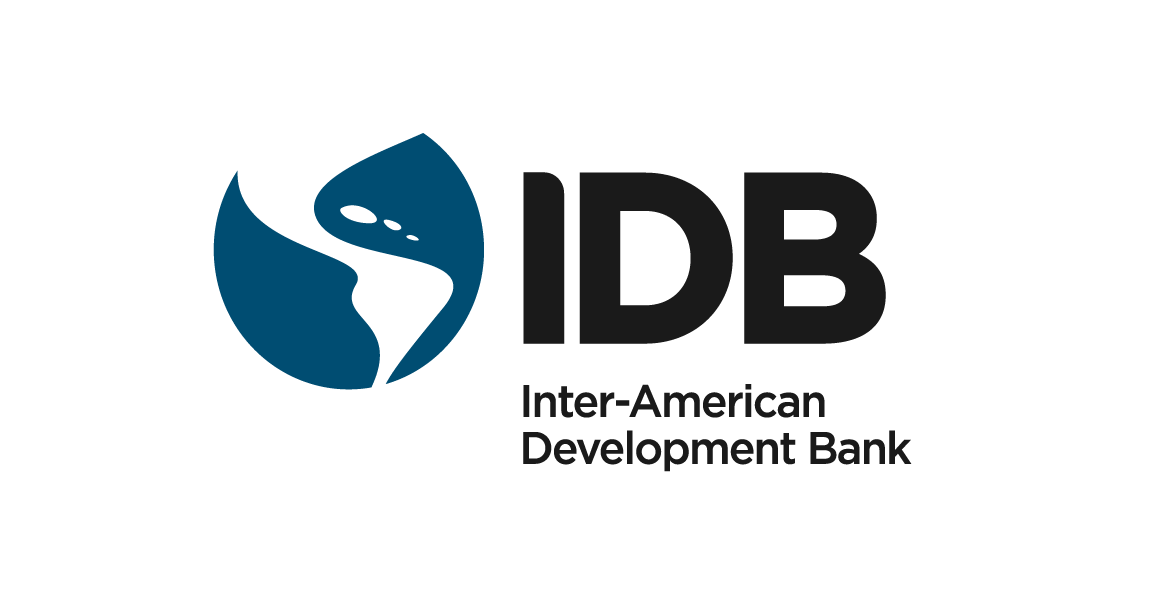Coding Education to Improve Problem Solving Skills: Evaluating the Irümi Program in Paraguay
In collaboration with IPA, the IDB, the Paraguay Ministry of Education and Science, and the Multidisciplinary Organization for Teacher and Student Support, researchers conducted a randomized evaluation to measure whether a coding education program for second grade students improved their problem solving skills.
Evidence from Europe and the United States suggests that the demand for technology skills in the workforce is accelerating.1 Coding education may create opportunities to prepare students for this by equipping them with skills such as creativity and computational thinking—approaching and solving problems like a computer would. In Paraguay, the Irümi program was introduced in the national school system for second grade students to improve their computational thinking skills. In the program, teachers use a robot, code karts, and navigation boards to complement their lesson plans with the involvement of student mentors from the eighth grade. The program included 18 learning activities, with each session lasting 40 minutes.
Partnering with IPA, and the IDB, the Paraguay Ministry of Education and Science, and the Multidisciplinary Organization for Teacher and Student Support (OMAPA), researchers conducted a randomized evaluation to assess whether the Irümi program improved students’ computational thinking skills. A total of 207 schools were randomly divided to either receive the Irümi program or serve as the comparison group. IPA used a modified version of the Bebras Challenge—a test for primary and secondary school students to improve their computational thinking and logic skills—to evaluate the program’s impact on students’ computational thinking.
Final results will be available later in 2024.
Sources
1. Bughin, Jacques, Eric Hazan, Susan Lund, Peter Dahlström, Anna Wiesinger, and Amresh
Subramaniam. "Skill Shift: Automation and the Future of the Workforce." McKinsey Global
Institute, 2018.
Implementing Partners



Funding Partner













